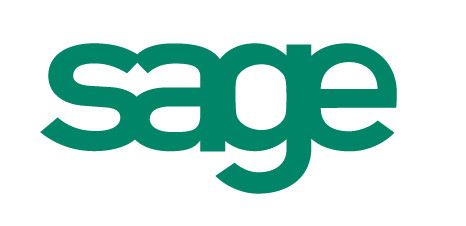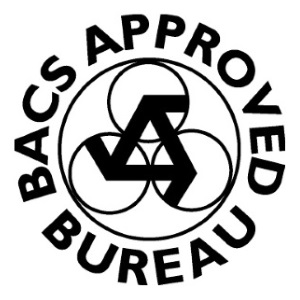Year end tax planning
As we approach the end of the tax year, it’s time for some year end tax planning. Here’s how to check whether you’re making the most of your tax allowances and finances.
Read on for advice about reducing your tax bill, as well as a few tips for you to consider as the new tax year gets under way. If you’re unsure about any aspect of the information below, give our experts a call on 0161 476 9000 for advice on how to structure your affairs.
Summary
- Make use of dividend allowances
- Utilise your pension contributions (including carry forward amounts)
- Use up your annual exemptions for capital gains tax, inheritance tax and ISAs
- Check your Will to see if you are making use of tax exemptions
There are many tax efficient vehicles with tax-free allowances. A multitude of cash and stocks and shares ISAs are on offer with a tax-free allowance of £20,000 that cannot be carried over past 5 April. You could sell an asset and buy it back within a tax-free vehicle such as an ISA or SIPP (known as a ‘bed and ISA’ or ‘bed and SIPP’).
SEIS/EIS/VCT investments may qualify for income tax relief and on disposal the shares may be exempt from CGT if held for three years in the case of EIS investments and five years for VCTs. EIS and VCT investments qualify for 30% income tax relief and SEIS investment can save 50% tax on the amount invested (up to £100,000 per annum). A further 50% relief is given against other capital gains made in the year.
Businesses should review their shareholder income structure and spouse allowances to make use of the Income Tax Personal Savings Allowance for basic and higher rate taxpayers, as well as charging interest on loans made to the company. Try to declare up to the £2,000 tax-free allowance on dividend income for each shareholder by 5 April 2020 to take advantage of dividend allowances.
You should look through your investments and see if you can utilise your spouse’s and your own capital gains tax allowances of £12,000 each. If you sell assets at a loss in the same tax year as gains, you can ‘crystallise’ the loss and bring down your tax bill. CGT is based on the amount of income tax paid, so you might consider reducing your taxable income by
changing from earnings to pension income; salary sacrifice through pension contributions or childcare vouchers, deferring the state pension or transferring taxable income bearing assets such as cash deposits to a lower earning spouse.
When considering inheritance tax, you should review your spending and establish a regular set of gifts from your income to use your annual exemptions and reduce your estate. You can give away £3,000 per annum which is exempt from inheritance tax, plus wedding or civil ceremony gifts, gifts to help with another person’s living costs, gifts to charities and political parties, and normal gifts out of your income, as long as doing so doesn’t affect your quality of life. You can also give small gifts of up to £250 as long as you have not used another exemption on this person.
If you rent out a driveway space or a room via Airbnb, you get a £1,000 tax-free allowance for both. Rent a room relief is open to owner occupiers or tenants who let out furnished accommodation to a lodger in their main home and allows you to earn up to £7,500 a year tax free.
Pension contributions for high earners continue to be restricted although you should look at using up unused allowances (once your current year’s allowances are used), as they lapse after three years. If your income is around £60,000 these contributions, charitable donations and contributions to your pension may take your income figure below the ‘adjusted net income limit’ for the government to claw back child benefit. Similarly if your income is around £100,000 you could use pension contributions to maximise your personal allowances. Don’t forget you can also make pension contributions for children and grandchildren of £2,880 net, grossing up to £3,600.
There is a lot to consider before April. If you need further guidance or would like to speak to one of our tax experts about any of the information above, call Bennett Verby on 0161 476 9000 or email us here. For a monthly reminder, subscribe to our newsletter.











